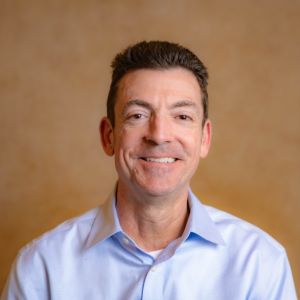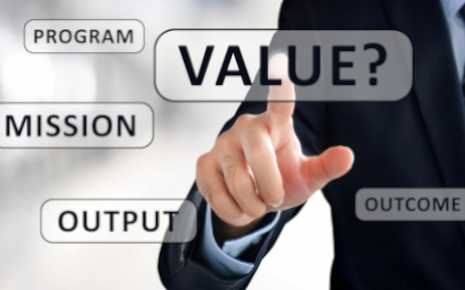In an increasingly interconnected global economy, economic uncertainty has become a significant challenge facing economic development organizations (EDOs) and chambers of commerce in today’s complex global environment. Economic uncertainty refers to the unpredictability and volatility in economic conditions, policies, and markets that can impact business operations, investment decisions, and overall economic growth. Today’s economic developers find themselves navigating a perfect storm of uncertainty in the United States and globally; the pandemic’s shadow still looms, while inflation has reared its head after years of dormancy.
Turbulent Seas to Navigate
For Economic Development Organizations and Chambers of Commerce, economic uncertainty poses several challenges. It can lead to a slowdown in business investment, hiring, and expansion plans, which can impact job creation and economic growth. Uncertainty can also make it difficult to attract new businesses and retain existing ones, as companies may be hesitant to commit resources in an unstable environment.
Moreover, economic uncertainty can strain the financial resources of economic development organizations and chambers of commerce, as their funding sources may be affected by cutbacks or shifts in spending. This can limit their ability to provide critical services, such as business support, workforce development, and infrastructure improvements, to their members and communities. Paradoxically, this poses a unique challenge, as these organizations are faced with greater demand for their services while potentially experiencing resource constraints.
The Multifaceted Nature of Economic Uncertainty
Economic uncertainty manifests itself in various forms, each presenting unique challenges to EDOs and chambers of commerce. Financial market volatility creates an unstable environment for businesses and investors, as demonstrated during the 2008 global financial crisis and the more recent COVID-19 pandemic. Macroeconomic policy shifts, such as changes in tax rates or interest rates, can dramatically impact the business landscape, rendering long-term economic development strategies obsolete overnight.
Geopolitical tensions, including international conflicts and trade disputes, contribute significantly to economic uncertainty. The ongoing trade tensions between the US and China, for instance, have far-reaching implications for global supply chains and investment patterns. Meanwhile, technological disruptions, while offering opportunities, also create uncertainty as entire industries face the prospect of obsolescence or radical transformation.
Natural disasters and health crises, such as the COVID-19 pandemic, can cause severe economic disruptions. Additionally, regulatory changes in areas like environmental protection, data privacy, or labor laws can significantly impact business operations and investment decisions. Political instability, including upcoming elections, further compounds the uncertain environment.
The Current Climate of Uncertainty
Chambers of commerce and economic development organizations are experiencing heightened economic uncertainty today due to a confluence of factors. The lingering effects of the pandemic, rising inflation, supply chain disruptions, and geopolitical tensions have all contributed to a climate of uncertainty. As a 2023 Stanford University study on world uncertainty notes, indicators of uncertainty have roughly doubled globally since the year 2000, driven by events like the financial crisis, Brexit, and the pandemic. Other recent factors include the ongoing trade tensions between the US and China, COVID-19’s echoing impact on various industries, and the Russia-Ukraine conflict’s effect on energy and commodity prices.
Opportunities to Step Up Amidst the Uncertainty
Economic uncertainty poses significant challenges for chambers of commerce and economic development organizations, but also presents opportunities for them to provide valuable support to businesses. During times of economic flux, organizations in the economic development and chamber space often find themselves facing greater demand as businesses impacted by uncertainty increasingly turn to these institutions for support and advocacy. EDOs and Chambers are uniquely positioned to help firms navigate inflation, supply chain disruptions, and workforce shortages. These organizations must double down on their core mission: fostering economic growth and stability in their communities.
As chambers of commerce and economic development organizations weather the storm, they must remain agile, adaptable, and responsive to the ever-changing needs of their constituents. The persistent nature of economic uncertainty has fundamentally altered the operating environment for EDOs and Chambers of Commerce. These organizations now find themselves in a constant state of adaptation, trying to provide stability and guidance in an increasingly unstable world. To navigate these challenges, economic development organizations and chambers of commerce must adapt their strategies and tactics to the changing economic landscape. Those that succeed will emerge as stronger, more resilient institutions, better equipped to guide their communities through future economic uncertainties.
In difficult times, experts can guide the way. Convergent Nonprofit Solutions understands the importance of economic development organizations and their role in communities nationwide. Look to Convergent Nonprofit Solutions to help you navigate opportunities and challenges.







